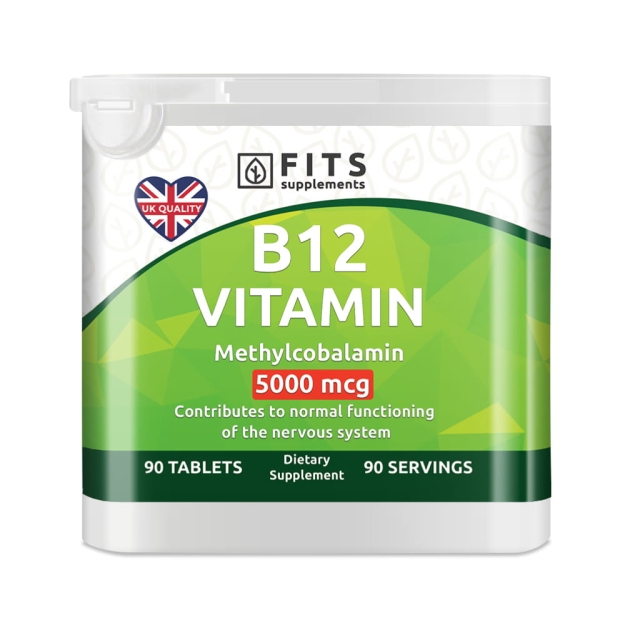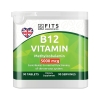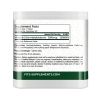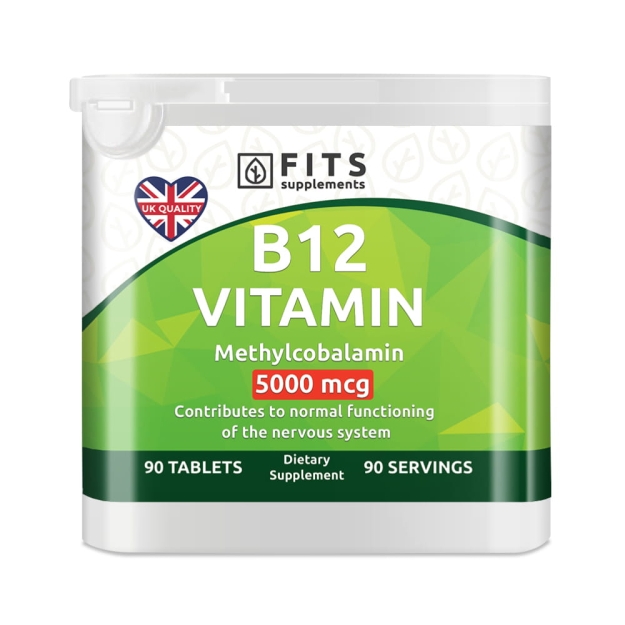Vitamin B12 - Information about cobalamin
Cobalamin is the common name for vitamin B12 which contains the heavy metal cobalt, which gives this water-soluble vitamin its red color. Vitamin B12 is essential for growth and plays an important role in cellular metabolism, especially in the gastrointestinal tract, bone marrow and nerve tissues. Vitamin B12 is not found in plants but is produced by bacteria in the digestive tract of animals. That is why animal proteins are the only source of this nutrient. At the cellular level, vitamin B12 plays an important role in DNA replication, supporting the growth of body cells. The vitamin is also vital for the functioning and maintenance of the nervous system and red blood cells. It plays an important role in the metabolism of proteins, fats and carbohydrates.
Useful properties of Vitamin B12
It…
- Plays an important role in the replication of DNA while supporting cell growth
- Is vital for the functioning and maintenance of the nervous system and red blood cells
- Promote the metabolism of proteins, fats and carbohydrates
- Plays a key role in preventing the increase of homocysteine levels in the body, even if they have been elevated by lipid-lowering drugs known as fibrates. It is known that an increased level of homocysteine increases the risk of atherosclerosis
- Enhances cognitive function in the elderly and reduces the risk of Alzheimer's disease.
- May help in the treatment of some symptoms of Crohn's disease
- Is used experimentally to suppress the AIDS virus and to maintain the health of AIDS patients
- May alleviate the symptoms of asthma and support healthy brain function in patients with diabetes mellitus
- May increase sperm count and activity in cases of male infertility
- Can prevent allergic reactions to sulfite
















